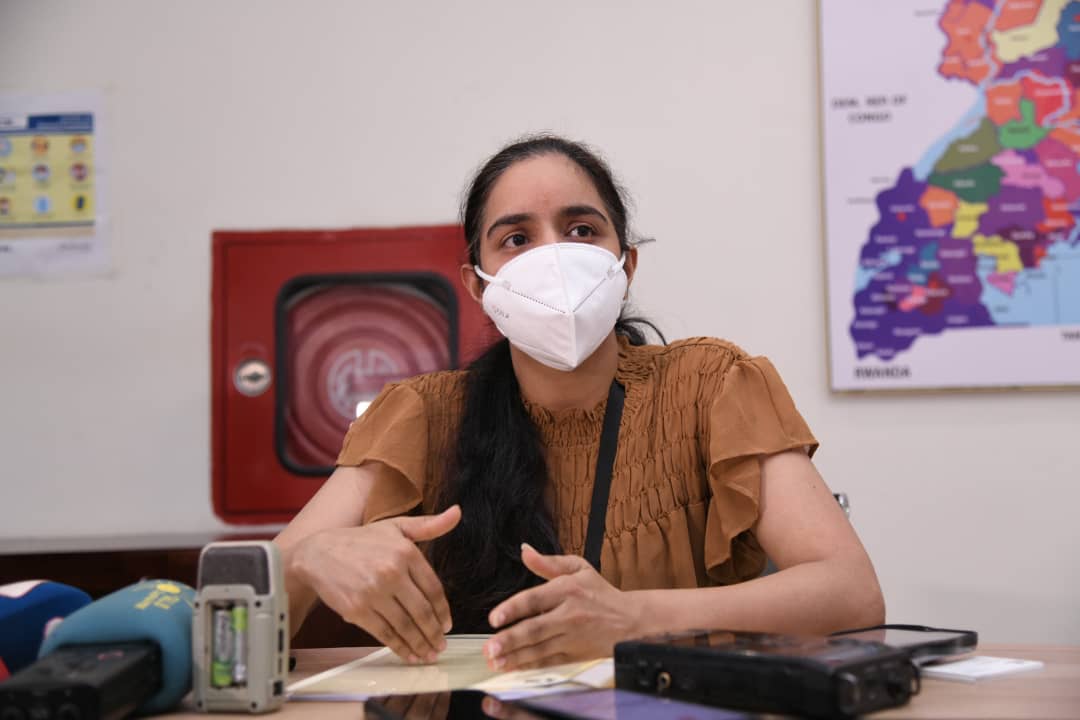Premier Recruitment Ltd is mourning the death of a Ugandan security guard who has been working in Doha, Qatar.
The recruitment agency has explained the circumstances under which a Ugandan Youth who went to work in Qatar collapsed on Thursday, August 4, and passed on in the wee hours of August, 5.
According to the press release by the agency that deployed him, says Phillip Kule succumbed to acute heart failure which was confirmed by Dr Muhammed HAL-Thani from Public Health Department in his autopsy report. The agency states thus;
“Phillip Kule was deployed by Premier Recruitment Agency in Qatar on June 9, 2021. He started work on June 24 as a security guard. Kule collapsed while on duty and was rushed to the hospital but unfortunately, died on August 5.
Speaking to the media at their offices in Kampala on Wednesday, Ms Neelam Badoni, the General Manager Premier Recruitment agency said they managed to get the body back within 10 days.
“We received the news of Mr Kule’s death from compass catering services on August 6 and we have worked jointly with the Ministry of Gender, Labor and Social Development to ensure that the body is brought back to his family so that they can carry out their family and cultural rituals and accord him a decent burial,” Ms Badoni said.
“This is the first time we are experiencing such an incident and we are doing our best to make sure that the family of the deceased get full support from us because he was their breadwinner,” she said.
Ms Badoni, however, insists that the deceased was in good health when he travelled because one of the requirements set by the government for labour export companies is conducting thorough medical checks before sending deploying a person to work abroad.
“Candidates have to go through several medical tests in order to be allowed to proceed with the deployment process. The medical condition must be fulfilled before they start paperwork,” she said.
“When we deploy a certain candidate in any country we do monitor them to see how they are coping with the new environment because it’s not easy to adapt quickly. We usually guide them on how they can manage,” she added.
Ms Badoni further explained that the monitoring units were set up following reports that a number of people they sent to Saudi Arabia and Qatar were facing several challenges, ranging from welfare.
![]()




























